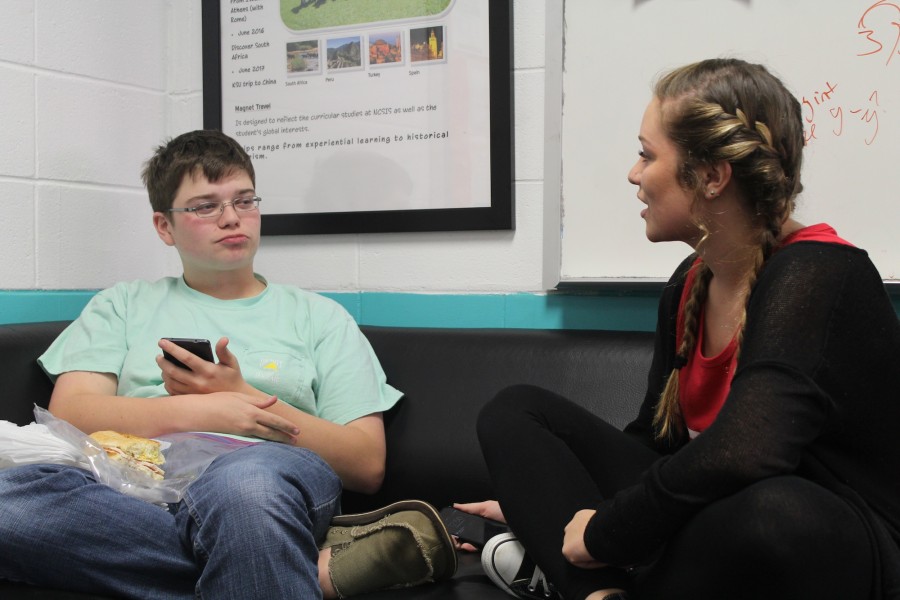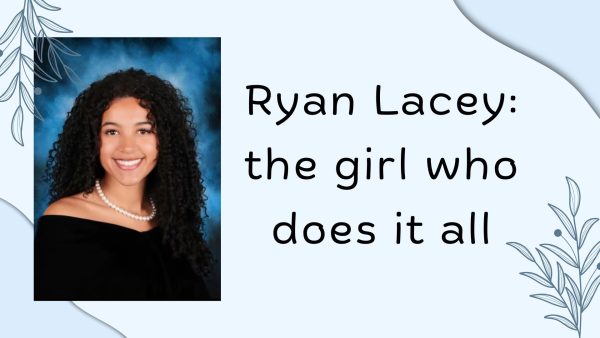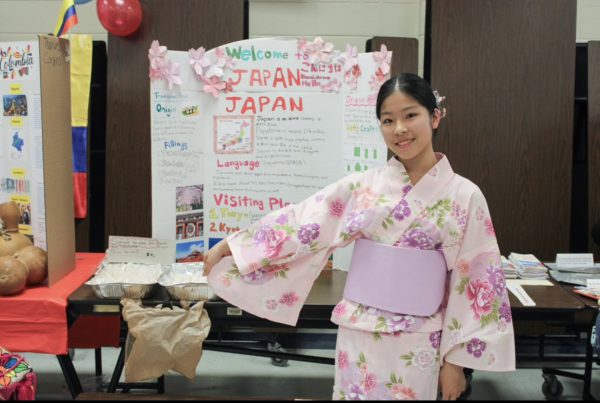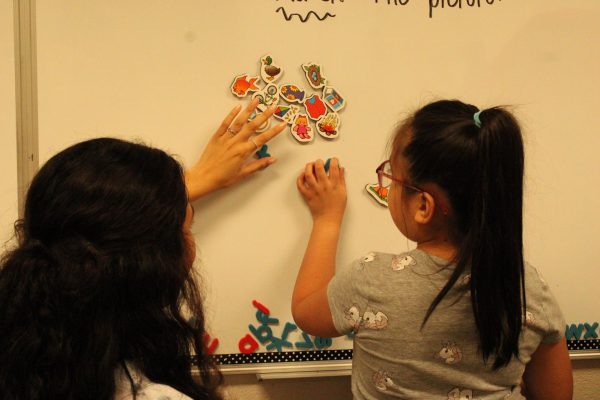In the family
February 5, 2016
Most students balance their school and family lives as different worlds to travel between daily. The two worlds blend, however, for students who share NC’s halls with their siblings. Does sharing the high school experience unite brothers and sisters or tear them apart?
Senior Ella Hasty overlaps at NC with her brother Wilson by two years and enjoys their time together.
“We drive to school everyday, so we see each other more often and he’s started to understand more pop culture that I’m interested in,” Hasty said.
For students driving themselves, school commutes require siblings to spend substantial periods of time in each other’s company. This could potentially lead to conflict between brothers and sisters, but rather, the drives unite the Hasty siblings.
Similar to the Hastys, senior Makayla Johnson does not lament spending a year at NC with her brother, freshman Shemar Samuel. Johnson enjoys “being able to guide [Samuel] along his first year of high school.”
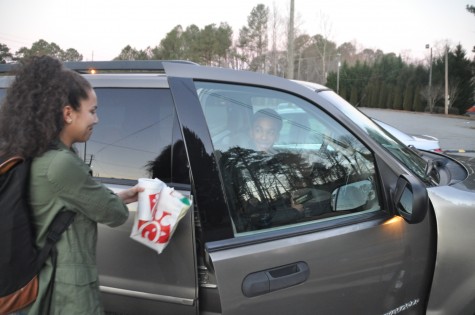
Senior Makayla Johnson expects that once she graduates, her brother, Freshman Shemar Samuel, will “have to experience a lot of things on his own.” For now, Samuel benefits from Johnson’s experience and guidance.
Outsiders may assume older siblings resent feeling a responsibility to look out for younger brothers and sisters attending NC simultaneously. However, NC students express gratitude for the opportunity to impart wisdom to their younger siblings.
As her family’s oldest child, Johnson admits she maneuvered through much of high school by learning from her mistakes and experiences. Johnson hopes her wisdom will keep Samuel from difficult times, especially relating to “first year of high school anxiety because it’s not fun.”
Attending NC with a sibling affects individuals beyond time spent with their brother or sister because reputations attach themselves to family surnames. Students recall certain dispositions when teachers read a familiar last name on their roster, realizing their pupil’s relation to a previous student.
Julie Hopp, head of the NC Science Department, believes “that’s a stereotype that teachers will always assume the younger sibling is exactly like the older.” As a youngest sibling herself, Hopp intentionally avoids making assumptions about her students based on her previous experiences with their siblings.
![Sophomore Wilson Hasty feels thankful for attending NC with his sister, Ella, because he “[gets] to see her at lunch time.”](https://nchschant.com/wp-content/uploads/2016/02/AR-475x317.jpg)
Sophomore Wilson Hasty feels thankful for attending NC with his sister, Ella, because he “[gets] to see her at lunch time.”
Considering his reputation’s potential impact on Ella, Wilson predicts “it’s either neutral or not good whatsoever.”
Contrary to the stereotypically antagonistic relationship often assumed to exist between siblings of similar ages, brothers and sisters express gratitude for attending NC together. Especially within families, Warriors look out for each other.




